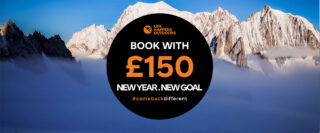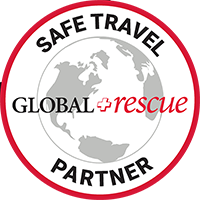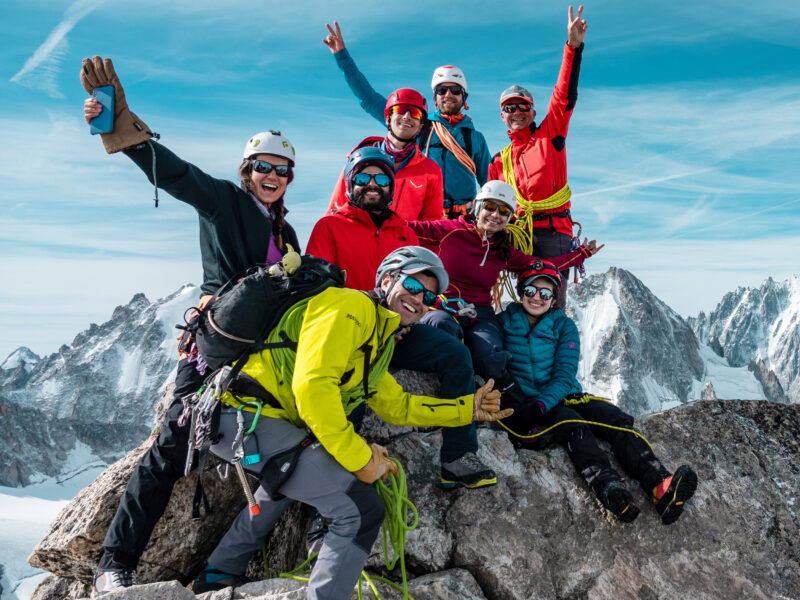BY Rami Rasamny | June 03 2023
How to Choose Your Warm Layers
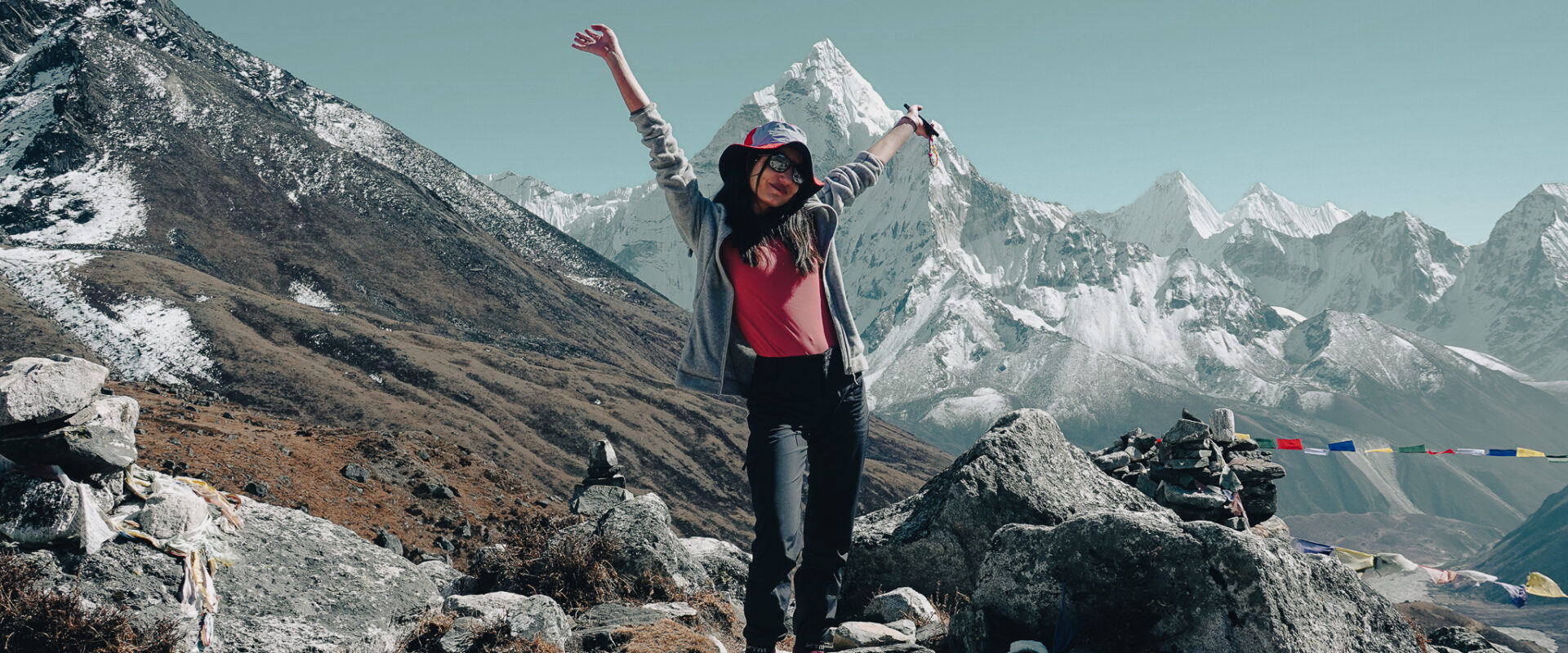
This article explores the different options and considerations when choosing your layers for extra warmth. Please refer to the gear list of your specific trip when it comes to quantities or trip-specific recommendations.
Balaclava
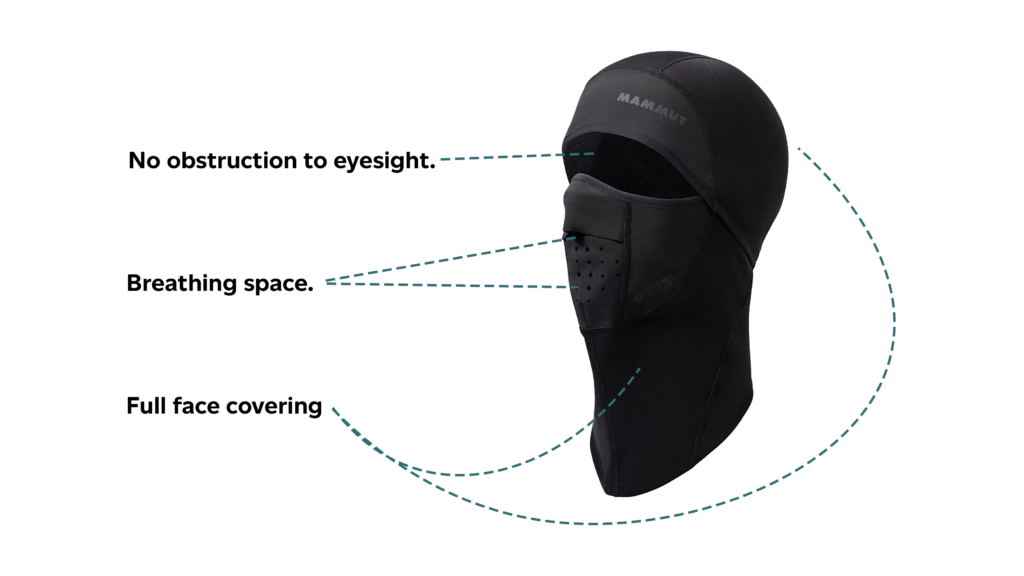
A balaclava is a face covering usually made of synthetic materials that is used to cover up in extreme weather conditions. A balaclava normally has an opening for the nose and mouth to ensure the flow of air is not restricted. When choosing the right one, make sure it fits well on your face, doesn’t restrict airflow, and doesn’t impair vision.
Buffs

Buffs are the most durable pieces of material that always come in handy on adventure trips. They can be used as a bandana to cover the head from the sun, as a sweat guard to protect the eyes, as neck and ear warmers, or to cover the nose and mouth when it gets dusty. When choosing a buff, consider the temperature for its use.
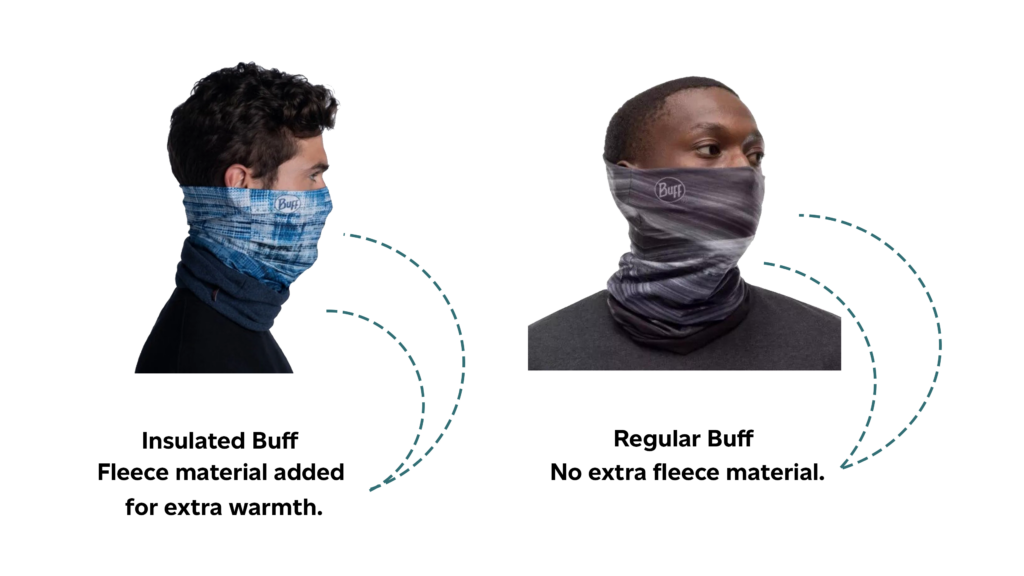
For most adventures, a basic buff is more than enough. For colder itineraries such as climbing Aconcagua, it is worth investing in a buff that includes fleece material to provide extra insulation. We recommend having a basic buff for all adventures, including colder ones, and then purchasing an extra fleece buff for colder trips.
Gloves
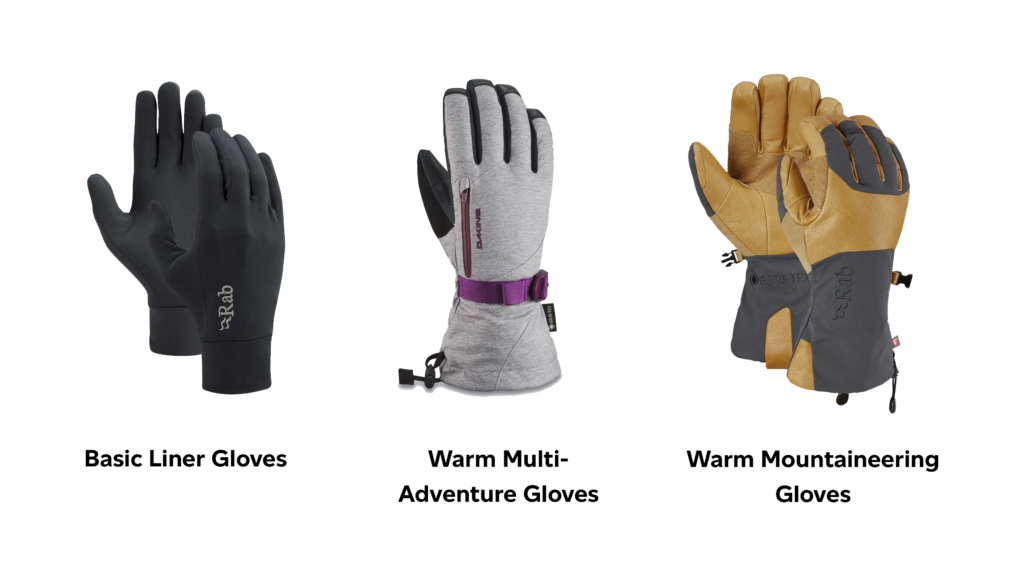
For the majority of LHO adventures, there are two types of gloves that we primarily need. Liner gloves are ultralight gloves used for moderate temperatures or to prevent rubbing of trekking poles on the palm of the hand. Some of them come with material that enables their use along with smartphone screens.
Warm Waterproof Gloves are the second layer of gloves that should fit your hand while wearing the liner gloves. When choosing liner gloves, consider the appropriate insulation and the grip needed for the kind of itinerary you are on. For most trekking and multi-adventure trips, grip is not a major consideration, so any warm waterproof glove with appropriate insulation will work. When on a mountaineering itinerary, the use of our fingers and grip is important. Make sure that your fingers can move functionally, that the gloves provide some degree of grip when holding objects like your ice axe, and that they are made to withstand use that won’t tear them up at the first touch of a rock.
Socks
Socks are the most important and often overlooked gear item when planning an adventure. You can have the best shoes on the market, but if you don’t have the right socks to match, you might as well have brought sandals to the glaciers.
Height
When looking at height, make sure that the socks are always higher up the leg than the shoes or boots you intend to use. Also, make sure that the elasticity of the sock holds so that it doesn’t slide down the leg and cause blisters on the feet.
Compression
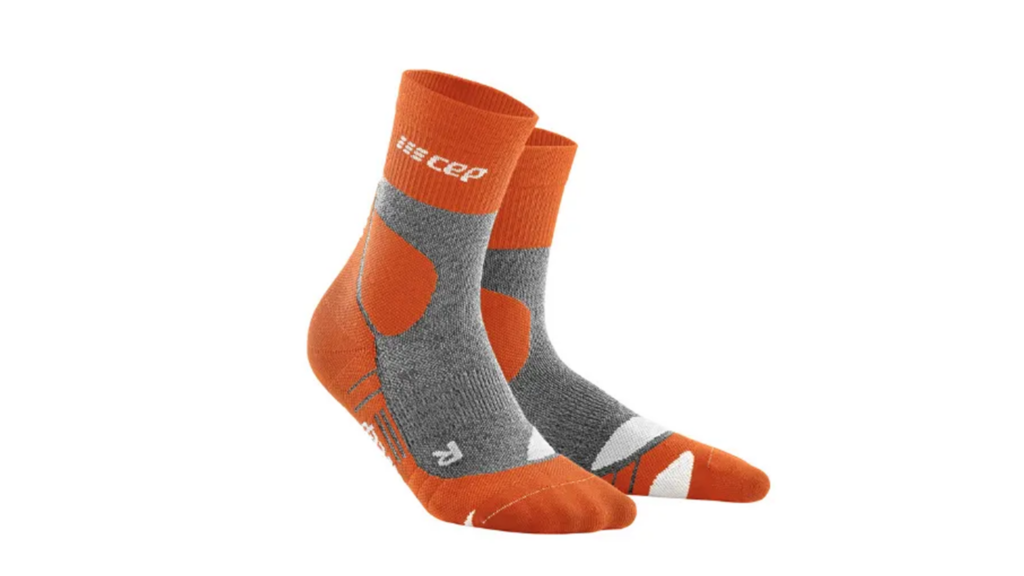
Compression socks are socks that pack a lot more into less material. Compression socks are designed to absorb sweat, prevent rubbing, and fit the form of your foot to prevent blisters. They can’t be recommended enough for adventures of all types. When purchasing compression socks, be sure to buy the correct size and consider the temperature range. The size is, of course, based on your own foot. The temperature range is important because not every sock is suitable for every environment.
Insulation Techniques
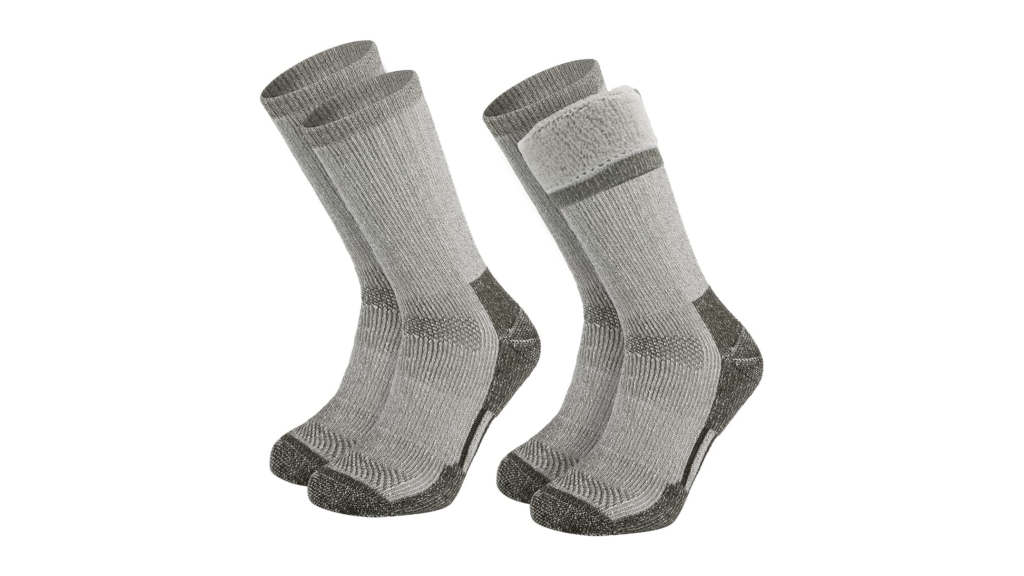
Merino wool socks are great for experiences with exposure to extremely cold temperatures. They can also be used at night to keep the feet warm, especially on trips where nights are spent camping in tents. If you’re purchasing Merino wool socks with the intention of wearing them over another pair of compression socks, be sure to try this combination with your footwear to make sure the boot size can accommodate this configuration.
Don’t Bring Old Socks!
Avoid using old socks for experiences that involve hiking, trekking, or mountaineering. Old socks can wear out and cause all sorts of foot soreness, making for a miserable adventure.
Reach Out!
If you have any questions or concerns, don’t hesitate to reach out to us!
About The Author
Rami Rasamny is the founder of Life Happens Outdoors, a premium adventure travel community dedicated to transforming lives through curated outdoor experiences. A mountaineer and entrepreneur, Rami has led teams on some of the world’s most challenging peaks, from the Alps to the Himalayas. His mission is to make adventure accessible, transformative, and safe for all who seek to push their limits and Come Back Different.
About Life Happens Outdoors
At Life Happens Outdoors, we believe in the power of nature to transform lives. As proud members of the Adventure Travel Trade Association (ATTA) and the World Travel & Tourism Council (WTTC), our team of certified guides and outdoor professionals is committed to the highest standards of safety, sustainability, and excellence.
Discover more about our story and mission on our Meet LHO page, or explore our curated adventures such as the Tour du Mont Blanc Trek, the Climb of Kilimanjaro, and Chasing the Northern Lights.









